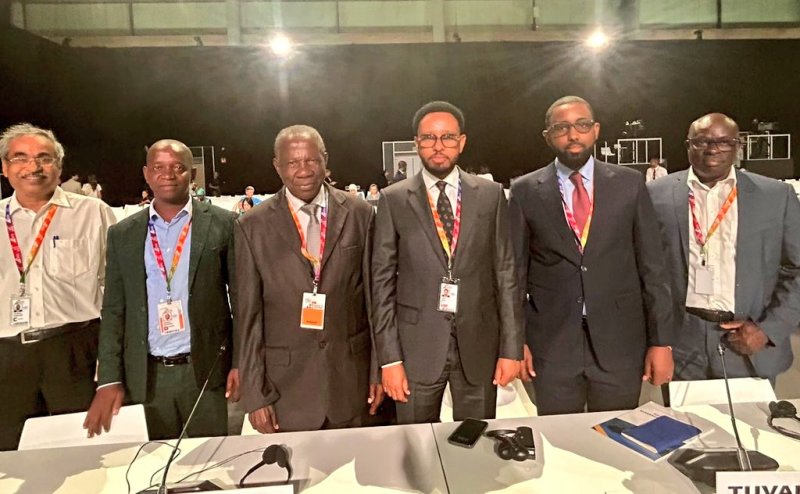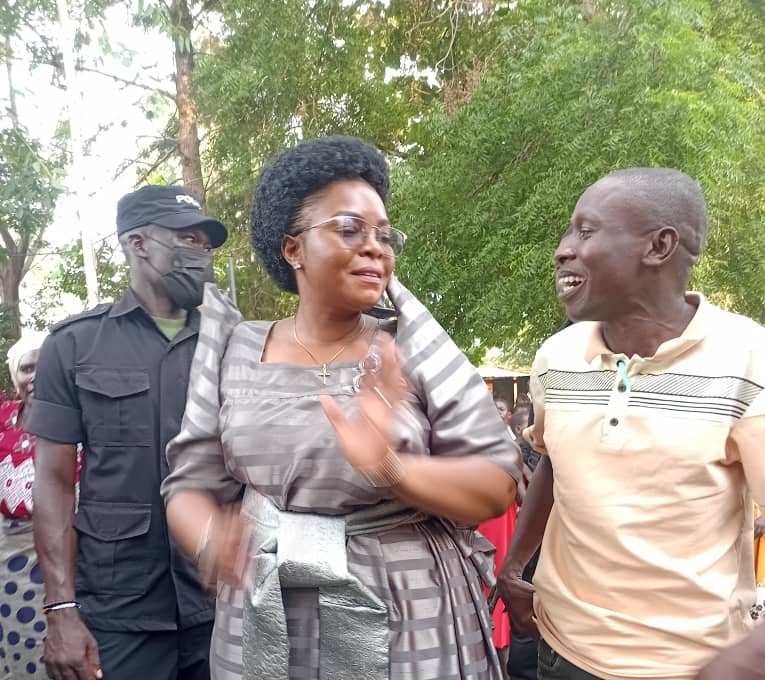Uganda police: Secrets inside the plainclothes operations
Plainclothes operations are not a new phenomenon. They are strategic maneuvers designed to catch criminals off guard, ensuring that law enforcement remains a step ahead.

Amidst the hustle and bustle of daily life in Kampala, a hidden force of security operatives is under the radar. These are not the familiar figures in blue, khaki or the black CT uniforms; they are plainclothes police officers, blending seamlessly into the crowd.
This covert presence is a strategic move by the Ugandan police and its sister agencies, aimed at tackling crime with an element of surprise.
Unlike the visible presence of uniformed officers, this is the clandestine world of plainclothes police operations in Uganda, a necessary tactic shrouded in mystery and controversy.
An Inside Look at Plainclothes Operations
Plainclothes operations are not a new phenomenon. They are strategic maneuvers designed to catch criminals off guard, ensuring that law enforcement remains a step ahead.
According to Dr. Samuel Kalule, a security expert, these operations are crucial in certain situations.
“Plainclothes operations are essential for undercover surveillance and gathering intelligence without alerting suspects,” explains Dr. Kalule. “They allow officers to infiltrate criminal networks and gather evidence that would be impossible to obtain in uniform.”
The Circumstances Necessitating Disguise
Several scenarios necessitate the use of plainclothes operations. High-profile cases involving organized crime, drug trafficking, and terrorism often require officers to go undercover.
Dr. Kalule noted that infiltrating these networks demands anonymity, and the element of surprise is a powerful tool in dismantling criminal enterprises.
During yesterday’s weekly security briefing, ACP Rusoke Kituuma further stressed that for many years officers from the Criminal Investigation Department have not been wearing uniforms.
He says, “What we have as police are the warrant cards. Once a police officer shows you his or her warrant card, that’s enough for you to abide by the law and allow him to go ahead, either to arrest you or do his other duties.”
On several occasions Rusoke said the major challenge they do normally get from the general public, is when those suspected to be criminals refuse to surrender towards the police officers when they have come to arrest them.
He added, “the Uganda police was created under the constitution of Uganda, and all officers are operating under the law. Those of you who think police are not under the law, you are free to reach out to the court and file a case. What’s surprising is that the same people who don’t cooperate with the police, usually come back to the same officers seeking help.”
A Community’s Perspective
While the strategy is effective, it is not without its critics. Concerns about abuse of power and accountability often arise.
Sarah Nanyonga, a shopkeeper in Kisenyi, voices a common sentiment: “I understand the need for undercover work, but it makes it hard to trust anyone. You never know who is who anymore.”
On the other hand, James Byaruhanga, a boda boda rider in Nakulabye, sees the benefits. “I think it’s good. It keeps criminals on their toes. If they know the police are around but can’t see them, they’ll think twice before doing anything bad.”
The challenge lies in balancing effective policing with maintaining public trust. Dr. Kalule emphasizes the importance of accountability.
“For plainclothes operations to be successful and accepted by the public, there must be strict oversight. Clear guidelines and transparency about the nature of these operations are vital.”
One officer, speaking anonymously, shares a glimpse into the life of a plainclothes operative. “It’s a tough job. You have to constantly adapt and be aware of your surroundings. The risk is high, but the impact can be significant. We’ve been able to prevent major crimes thanks to these operations.”
The Future of Plainclothes Policing
As Uganda continues to develop, the nature of crime evolves. Plainclothes operations will remain a key component of modern policing. However, the debate over their use highlights the need for ongoing dialogue between law enforcement and the communities they serve.
Plainclothes police operations in Uganda operate at the intersection of necessity and scrutiny. As law enforcement strategies evolve, so must the frameworks that govern them. Ensuring that these operations are conducted ethically and transparently will help bridge the gap between effective policing and public trust.
For now, as the sun sets over Kampala, the invisible guardians of the city continue their vigilant watch, hidden in plain sight.
ALSO READ:https://charmarnews.com/public-warned-against-misuse-of-police-uniform/







